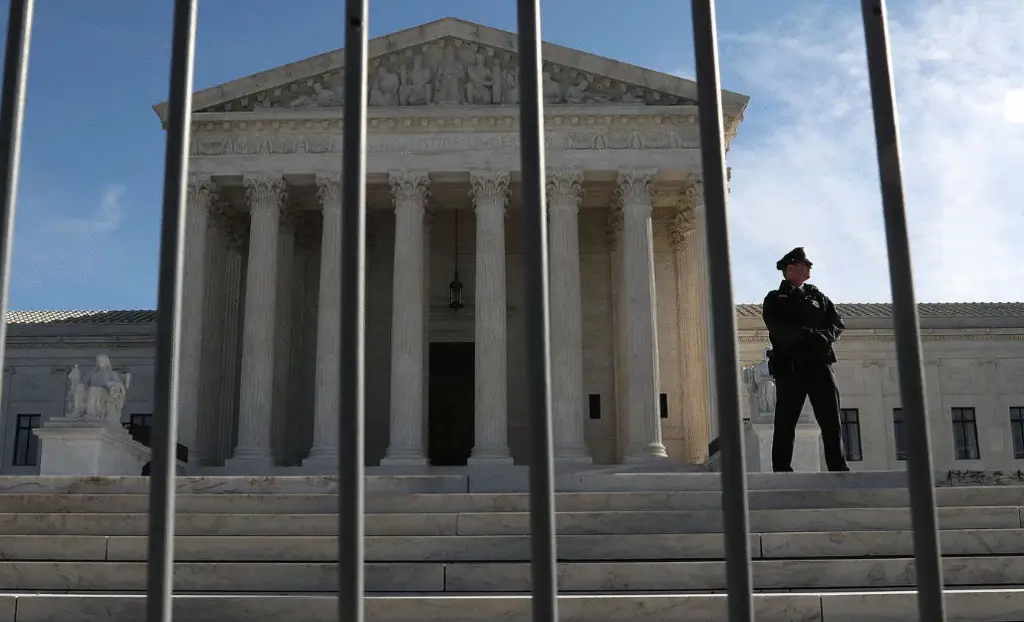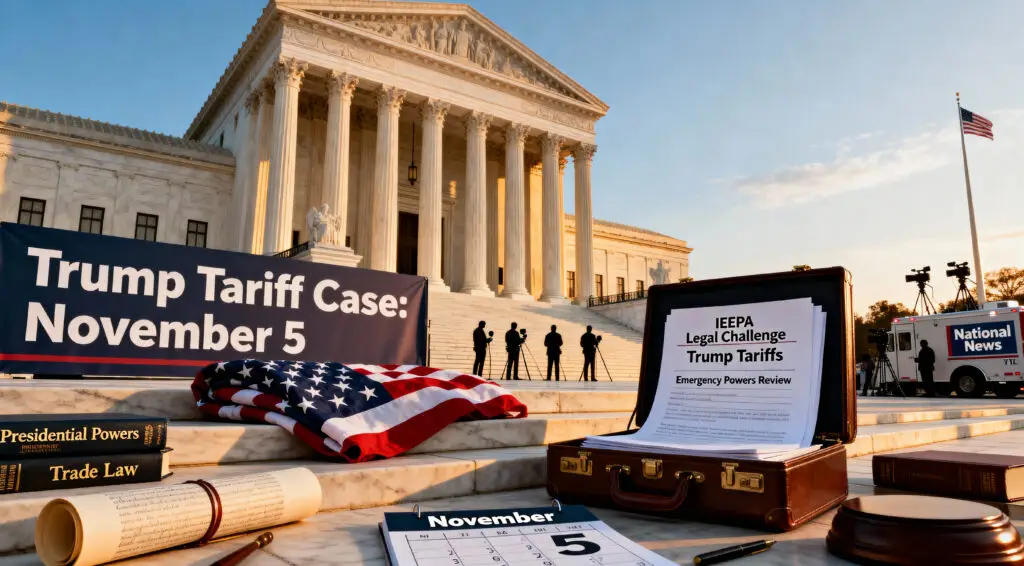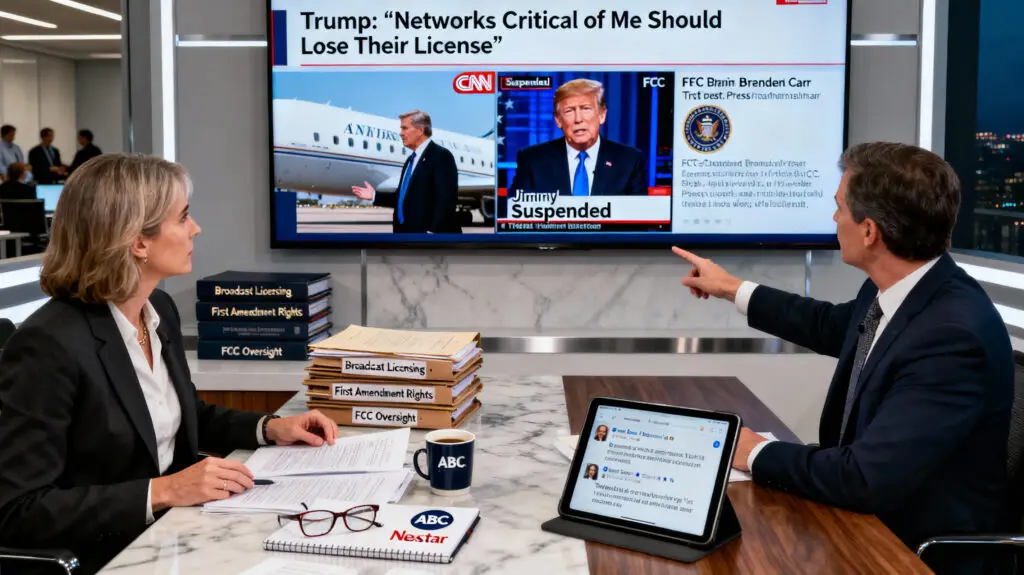Supreme Court Sets Date for Oral Arguments
The US Supreme Court said on November 5 that it would hear oral arguments about Donald Trump’s wide-ranging global tariffs. The case is a very important test of presidential power because it directly questions the administration’s use of emergency powers to make economic decisions without getting Congress’s approval.
Earlier, lower courts said that Trump went too far with his powers under the International Emergency Economic Powers Act. The Supreme Court moved the case along quickly because it was so important to the whole country. People think that the ruling will have a big impact on the future limits of executive power over U.S. trade policy.

Trump Defends Tariff Authority Against Rulings
Trump strongly defended his tariffs, saying that the appellate court’s decision in August hurt US sovereignty. He said that getting rid of them would “literally destroy the United States of America,” which shows how strongly he believes that tariffs are important for national defense.
Small businesses filed lawsuits, saying that the tariffs hurt the economy and were not properly put into place according to current law. The lower court judges agreed with their arguments and decided that the International Emergency Economic Powers Act did not give the government broad tariff powers.
Broader Context of Trump’s Tariff Agenda
Trump has put high tariffs on many imports since he took office, which goes against decades of US trade policy. His administration said that tariffs protect American businesses, lower trade deficits, and give the country back control over its economy in a competitive global market.
However, critics say that the policy goes against international trade rules and puts too much of a burden on American consumers. The tariffs work like taxes by raising the cost of imports. This affects inflation in the US and makes supply chains more complicated in many industries.
Recommended Article: UK Growth Set to Accelerate During International Trade Week 2025
Legal Debate Over Emergency Powers Act
Trump’s use of the 1977 International Emergency Economic Powers Act is at the heart of the case. Federal judges looking into the matter say that the law was never meant to give the government the power to impose tariffs. It was meant to be used for sanctions and restrictions against hostile states.
The appellate court stressed that the law “bestows significant authority” in times of emergency, but it does not explicitly mention duties or taxes. This reading of the law raises questions about whether presidents can go too far with their emergency economic powers.
Possible Outcomes and Economic Implications
If the Supreme Court gets rid of the tariffs, the average effective tariff rate in the US could drop by almost half right away. Analysts say the government may also have to pay back tens of billions of dollars that it has already collected, which would have complicated financial and diplomatic effects.
On the other hand, supporting Trump’s position would give the president unprecedented power over trade. This kind of outcome could lead to more economic measures driven by the executive branch, which would make it harder for Congress to shape national trade policy in the future.
Additional Tariff Cases Enter Supreme Court Docket
The Court also agreed to hear a different case from Learning Resources, a family-owned toy company that has been hurt by the tariffs. Their lawsuit shows how smaller businesses have to deal with more problems than larger ones, which shows the economic risks of one-sided executive actions in trade policy.
The Supreme Court wants to give a full ruling by combining several issues. People think that these cases will set legal precedents that will affect more than just Trump’s presidency and will set the limits of emergency powers.
Supreme Court Decision May Shift Balance Between Congress
The Supreme Court’s decision will have long-term effects on executive power and how trade works around the world. Legal experts say it could change the balance of power between Congress and the president when it comes to regulating international trade and taking emergency economic measures.
As November gets closer, businesses, lawmakers, and international partners will be paying close attention to what happens. The outcome could decide if future presidents can change trade policies on their own, changing the way the US does business with other countries.























